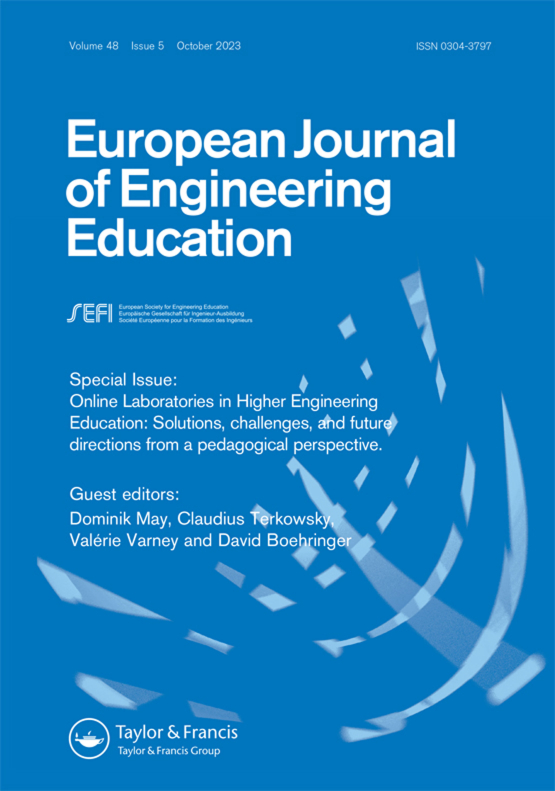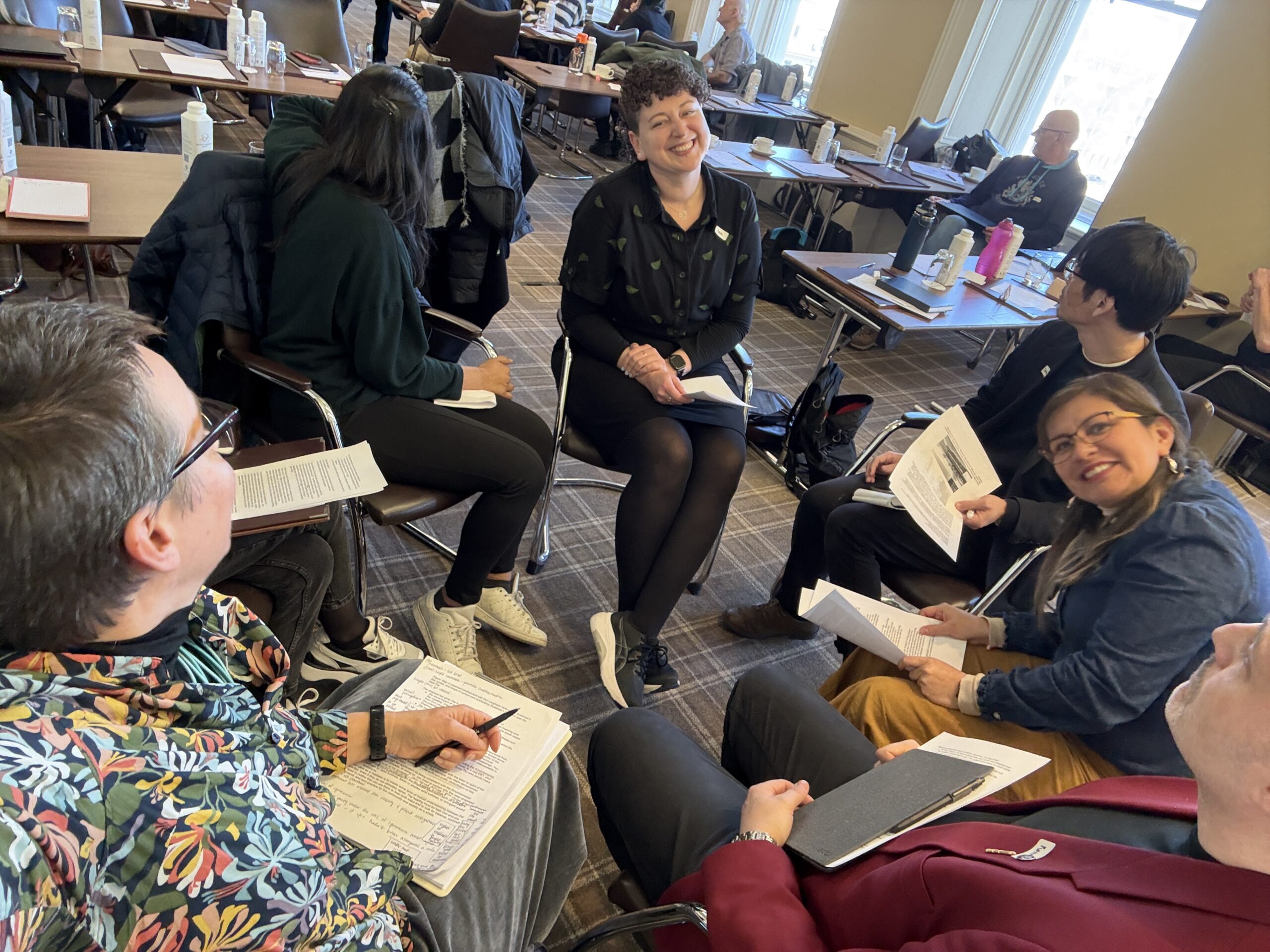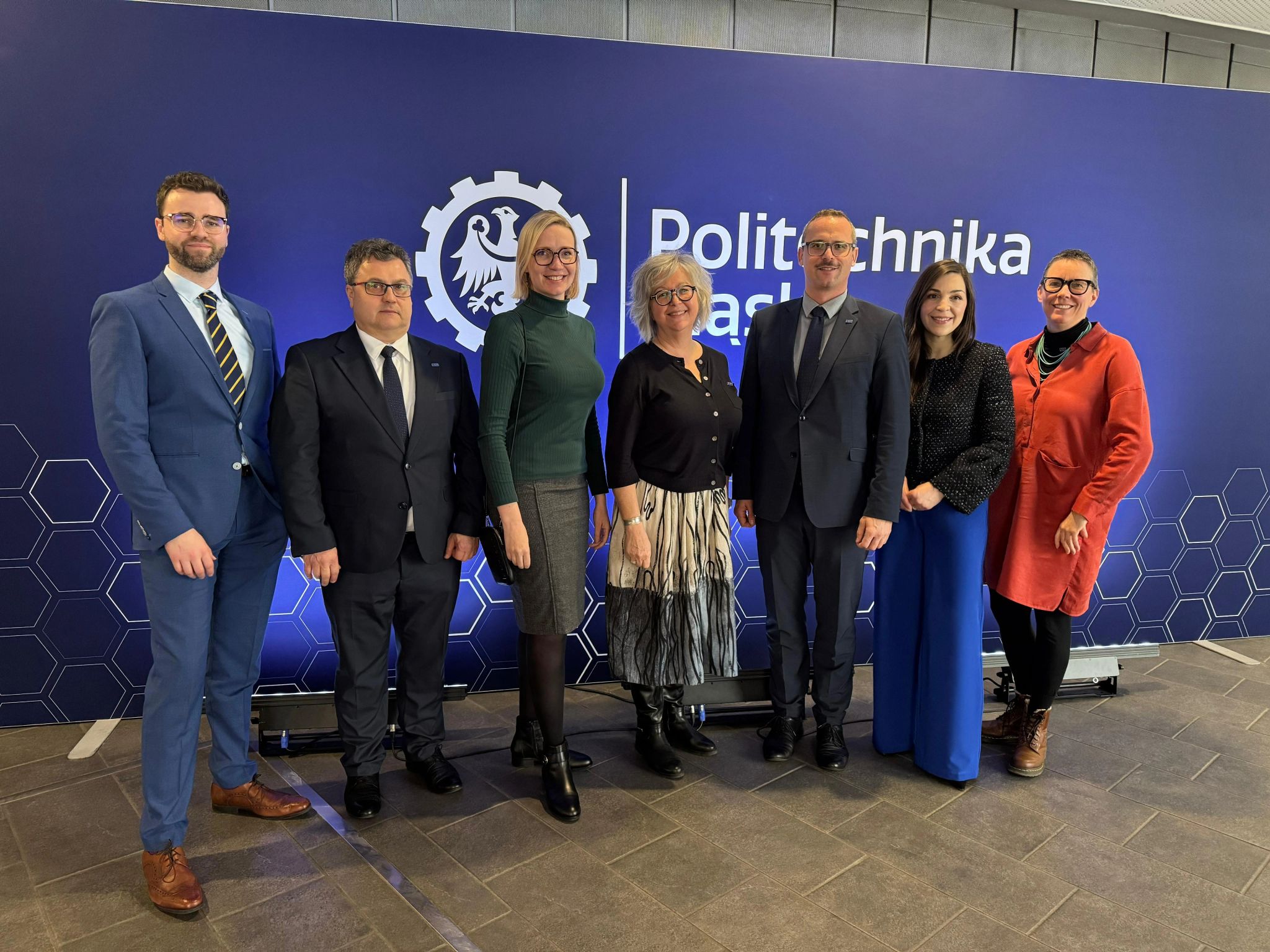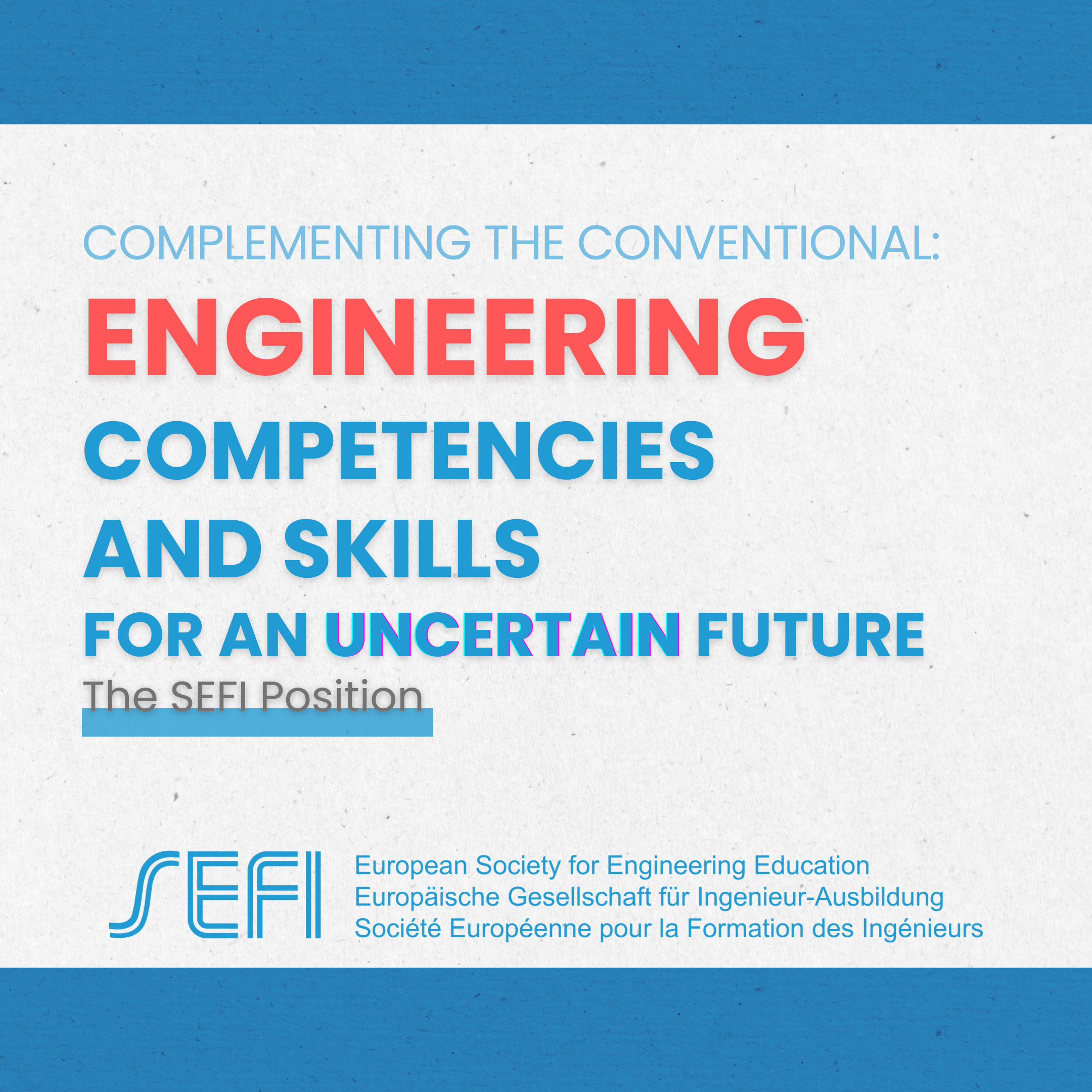From 24 to 26 March, 35 delegates from around the world gathered at the Royal…
Theme: Interdisciplinary Learning and Transformation of Engineering Education

Guest Editor Team
Karolina Doulougeri, TU Eindhoven, The Netherlands
Anette Kolmos, Aalborg University, Denmark
Amitava ‘Babi’ Mitra, Massachusetts Institute of Technology, USA
Henrik Worm Routhe, Aalborg University, Denmark
Jan van der Veen, TU Eindhoven, The Netherlands
Planned Submission Process
Deadline for extended abstracts ………………………… 15 January 2024
Notification of invitation for full paper submission …… 20 February 2024
Full paper submission due date……………………………15 September 2024
Aims and Scope
In this special issue we are looking for the state-of-the-art research on interdisciplinary learning in engineering education. We welcome evidence-informed research (both qualitative and quantitative) on the following topics:
- How do we educate engineering students to help solve critical societal challenges and
what are the learning gains? - How do faculty staff engage with interdisciplinary education, including their beliefs, atti-
tudes, identity and collaborative practices, rewards and recognition? - How is interdisciplinary learning linked with engineering practice and industry stakehold-
ers?
Submissions should demonstrate a clear focus on advancing the conceptualization and practice of interdisciplinarity in engineering education, in the context of programmatic and institutional transformation. We are particularly interested in research that presents novel methodologies, results, understandings, pedagogical strategies, or successful interventions which can contribute to the transformation of engineering education.
Instructions for authors
Extended abstracts should be anonymized and limited to 800-1000 words, plus references. The
abstract should be a summary of the article and include:
- Aims or research questions
- Contextualization in literature
- Methodology
- Findings
- Perspectives
Submission is free-format and manuscripts are formatted to journal style upon publication. Extended abstracts are submitted here: http://mc.manuscriptcentral.com/ceee
Instructions for preparing the full paper manuscript:
http://tandfonline.com/action/authorSubmission?journalCode=ceee20&page=instructions
References
Akkerman, S. F. and A. Bakker. 2011. “Boundary Crossing and Boundary Objects.” Review of Educa tional Research 81 (2). American Educational Research Association: 132–169. doi:10.3102/0034654311404435.
Beagon, U., K. Kövesi, B. Tabas, B. Nørgaard, R. Lehtinen, B. Bowe, C. Gillet, and C. Monrad Spliid. 2023. “Preparing Engineering Students for the Challenges of the SDGs: What Competences Are Required?” European Journal of Engineering Education 48 (1). Taylor & Francis: 1–23. doi:10.1080/03043797.2022.2033955.
Beddoes, K. 2020. “Interdisciplinary Teamwork Artefacts and Practices: A Typology for Promoting Suc cessful Teamwork in Engineering Education.” Australasian Journal of Engineering Education 25 (2). Taylor & Francis: 133–141. doi:10.1080/22054952.2020.1836753.
Borrego, M. and L. K. Newswander. 2010. “Definitions of Interdisciplinary Research: Toward Graduate Level Interdisciplinary Learning Outcomes.” Review of Higher Education: Journal of the Associa tion for the Study of Higher Education 34 (1). US: Johns Hopkins University Press: 61–84. doi:10.1353/rhe.2010.0006.
Fortuin, K. P. J., J. T. M. Gulikers, N. C. Post Uiterweer, C.a Oonk, and C. W. S. Tho. 2023. “Developing a Boundary Crossing Learning Trajectory: Supporting Engineering Students to Collaborate and Co Create across Disciplinary, Cultural and Professional Practices.” European Journal of Engineering Education, June. Taylor & Francis. doi:10.1080/03043797.2023.2219234.
Hailes, S., L. Jones, M. Micheletti, J. E. Mitchell, A. Nyamapfene, K. Roach, E. Tilley, and F. Truscott, 2021. “The UCL Integrated Engineering Programme.” Advances in Engineering Education 9 (3). American Society for Engineering Education. https://advances.asee.org/the-ucl-integrated-engi neering-programme/.
Högfeldt, A-K., L. Gumaelius, P. Berglund, L. Kari, A. Pears, and V. Kann. 2023. “Leadership, Support and Organisation for Academics’ Participation in Engineering Education Change for Sustainable Development.” European Journal of Engineering Education 48 (2). Taylor & Francis: 240–266. doi:10.1080/03043797.2022.2106824.
Klein, Julie Thompson. 2010. “A Taxonomy of Interdisciplinarity.” https://philpapers.org/rec/KLEATO 2.
Knight, D.B., L. R. Lattuca, E. W. Kimball, and R. D. Reason. 2013. “Understanding Interdisciplinarity: Curricular and Organizational Features of Undergraduate Interdisciplinary Programs.” Innovative Higher Education 38 (2): 143–158. doi:10.1007/s10755-012-9232-1.
Lattuca, L.R., D. B. Knight, and I. M. Bergom. 2012. “Developing a Measure of Interdisciplinary Compe tence for Engineers.” In , 25.415.1-25.415.19. https://peer.asee.org/developing-a-measure-of-inter disciplinary-competence-for-engineers.
Lavi, R., M. Bathe, A. Hosoi, A. Mitra, and E. F. Crawley, 2021. “The NEET Ways of Thinking: Imple menting Them at MIT and Assessing Their Efficacy.” Advances in Engineering Education. Ameri can Society for Engineering Education. https://eric.ed.gov/?id=EJ1316272.
MacLeod, M. and J. T. van der Veen. 2020. “Scaffolding Interdisciplinary Project-Based Learning: A Case Study.” European Journal of Engineering Education 45 (3). Taylor & Francis: 363–377. doi:10.1080/03043797.2019.1646210.
Routhe, H., M. Winther, J. Holgaard, and A. Kolmos. 2022. “Interdisciplinary Problem-Based Projects for First-Year Engineering Students: 129th ASEE Annual Conference and Exposition: Excellence Through Diversity, ASEE 2022.” ASEE 2022 Anual Conference, ASEE Annual Conference and Exposition, Conference Proceedings, , August. American Society for Engineering Education. http://www.scopus.com/inward/record.url?scp=85138280862&partnerID=8YFLogxK.
Tripp, B. and E. E. Shortlidge. 2019. “A Framework to Guide Undergraduate Education in Interdiscipli nary Science.” CBE—Life Sciences Education 18 (2). American Society for Cell Biology (lse). doi:10.1187/cbe.18-11-0226.


